USD$90 Billion Market opportunity by 2045 in micro EVs segment
Baua Electric
MARCH 6, 2025
Key Features of Micro EVs: Electric-Powered: They run on batteries instead of gasoline, making them eco-friendly. Environmental Benefits With the growing concern over climate change, many people and governments are looking for cleaner transportation options. Micro EVs produce zero emissions , helping to reduce pollution in cities.



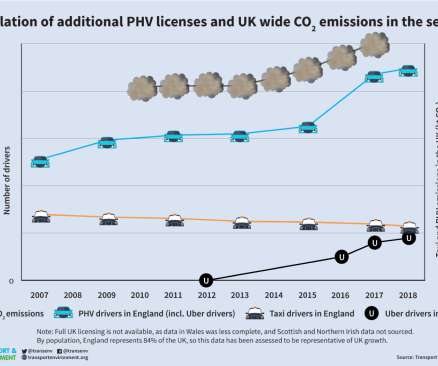












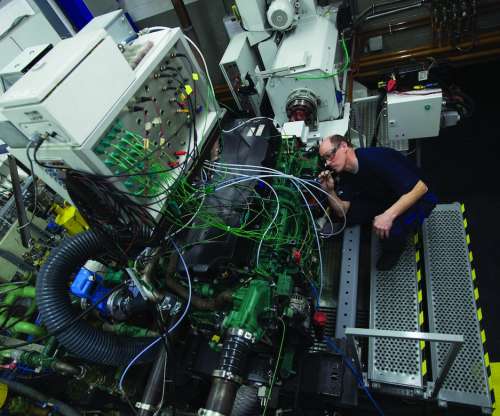


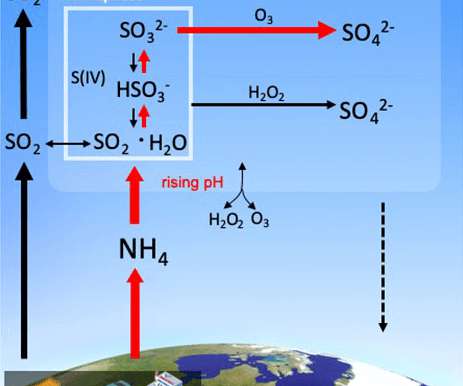



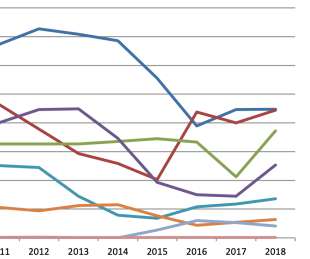
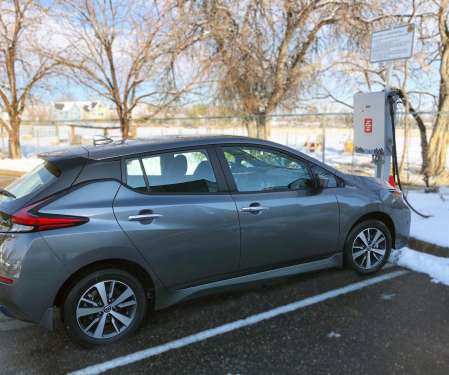


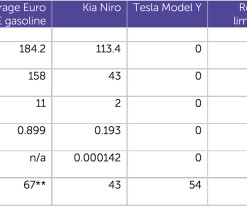














Let's personalize your content